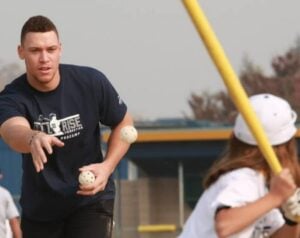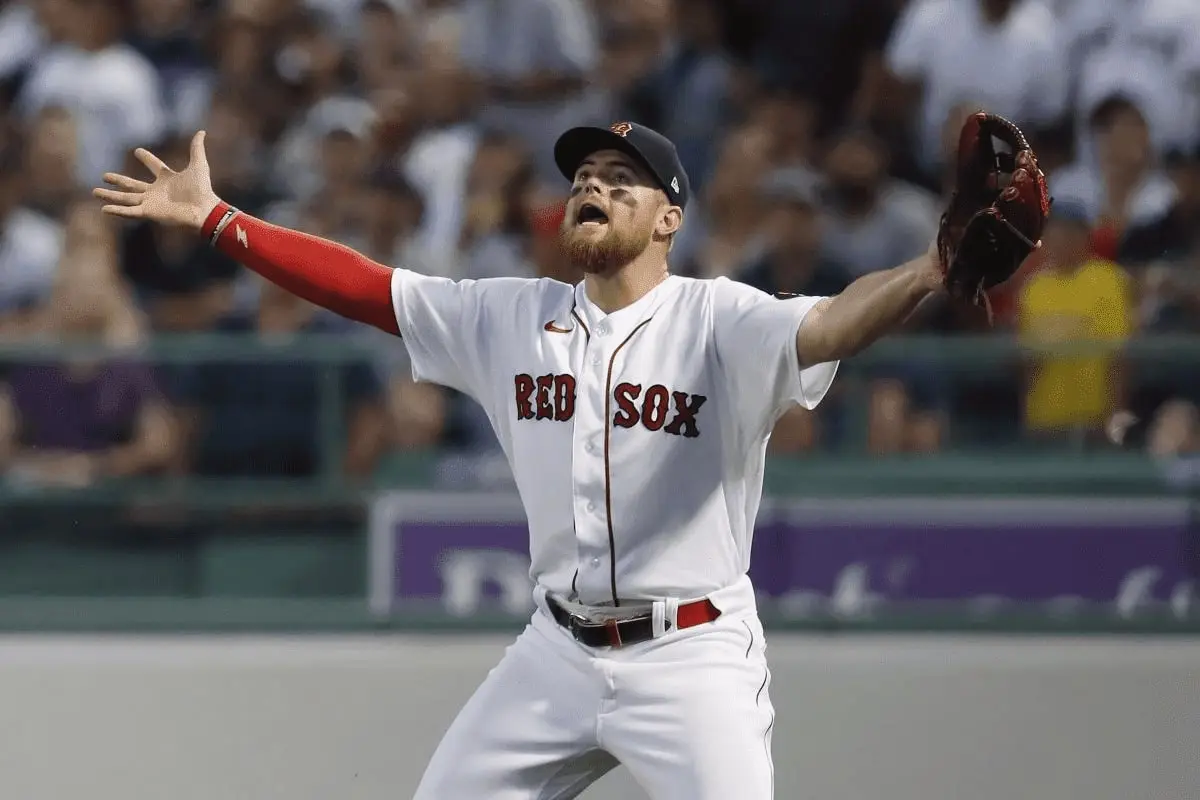Schmidt embraces must-win role, Yankees need this four-pronged strategy
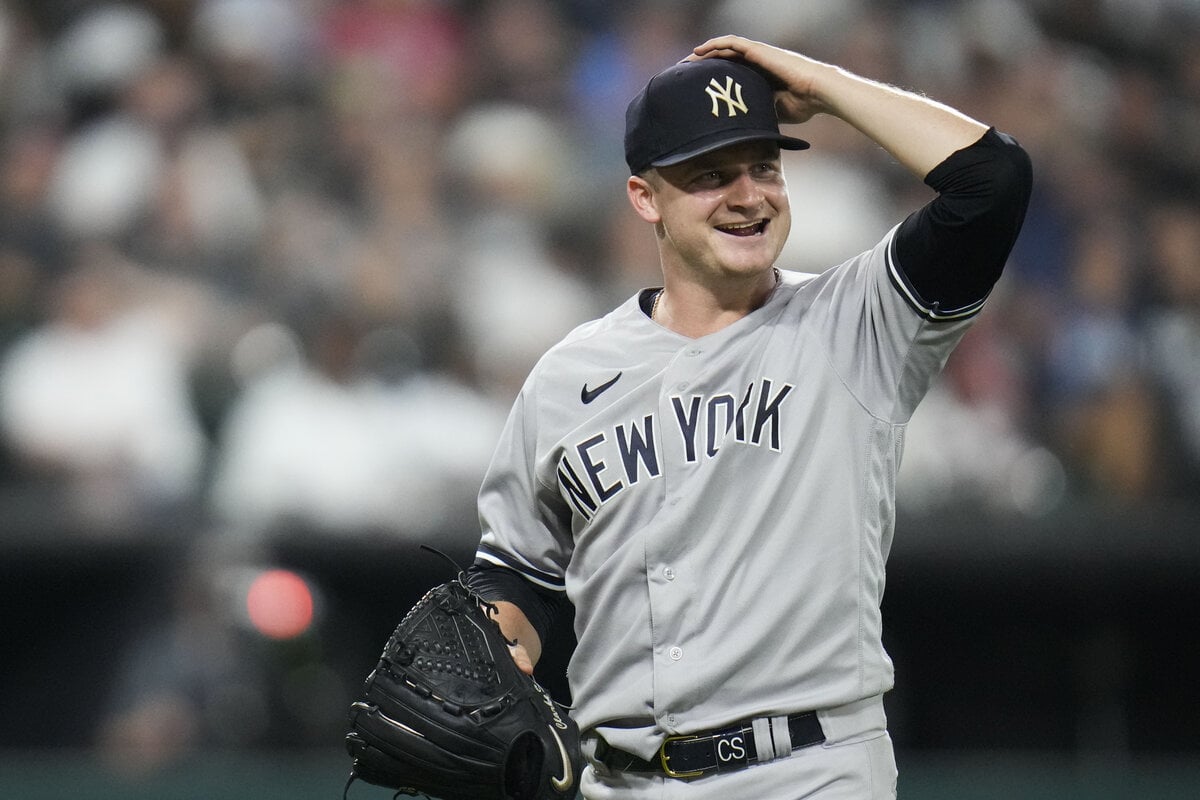

Inna Zeyger
More Stories By Inna Zeyger
- Mother’s Day: How Anthony Volpe’s mom molded him into a Yankee phenom
- Aaron Judge on verge of joining elite Yankees club, finds inspiration in Winfield, Jeter, CC
- Steinbrenner ‘got ears’ to hear Yankees’ challenges, yet no gurantee of change
- Michael Kay’s show heading to December ending amid uncertainty over ESPN deal
- Yankees’ Gleyber Torres projected to sign with NL West contender
Table of Contents
The Yankees’ World Series hopes now rest heavily on Clarke Schmidt as they head into a crucial Game 3 on Monday. Though not technically an elimination game, the matchup represents a pivotal moment in the series.
Down 2-0 against the Dodgers, the Yankees face a daunting challenge, calling back memories of their 1996 comeback. To have any chance of a similar rally, they must start with a win on Monday. Only the 2004 Boston Red Sox have successfully overcome a 3-0 playoff deficit, underscoring the urgency of avoiding that position.
After Saturday’s 4-2 loss at Dodger Stadium, Schmidt spoke about the pressure of his upcoming start. Aware of the stakes, he said that each game now carries intense weight and expressed both readiness and excitement for the task. The right-hander emphasized that, despite the series score, the Yankees treat every game with the same must-win mindset.
“All the games I pitch are pressure at this point,” he said. “It’s something I’ll be ready for, and I’m excited to get back out there. I treat every game at this point — I think we all do — as a must-win. Whatever the record is, we’re treating each game like we have to win every game. Mentality-wise, nothing’s changing.”
“Excitement, obviously we all know how big of a game it is. Just keeping emotions at bay [is important]. Obviously it’s going to be bigger than another game, but keep emotions at bay and not try to do too much.”
Clarke Schmidt says it's a "dream come true" to be starting a World Series game at Yankee Stadium: pic.twitter.com/9zVXgvYrdL
— Yankees Videos (@snyyankees) October 26, 2024
Monday’s game holds additional historical significance: it will be the first World Series game in The Bronx since 2009. Schmidt’s regular-season performance shows promise as he posted a 2.85 ERA over 16 starts. While his two postseason appearances have been short—each lasting 4 2/3 innings—he has been reliable, giving up only two earned runs per outing.
This start marks a major moment for Schmidt, as his performance could be a deciding factor in whether the Yankees keep their championship hopes alive.
Clarke Schmidt faces a heightened challenge in his upcoming start, far beyond his previous playoff appearances against the Royals and Guardians. The Dodgers offer a different level of competition, particularly with their deep lineup and adaptability, despite uncertainty around Shohei Ohtani following his shoulder injury late in Game 2.
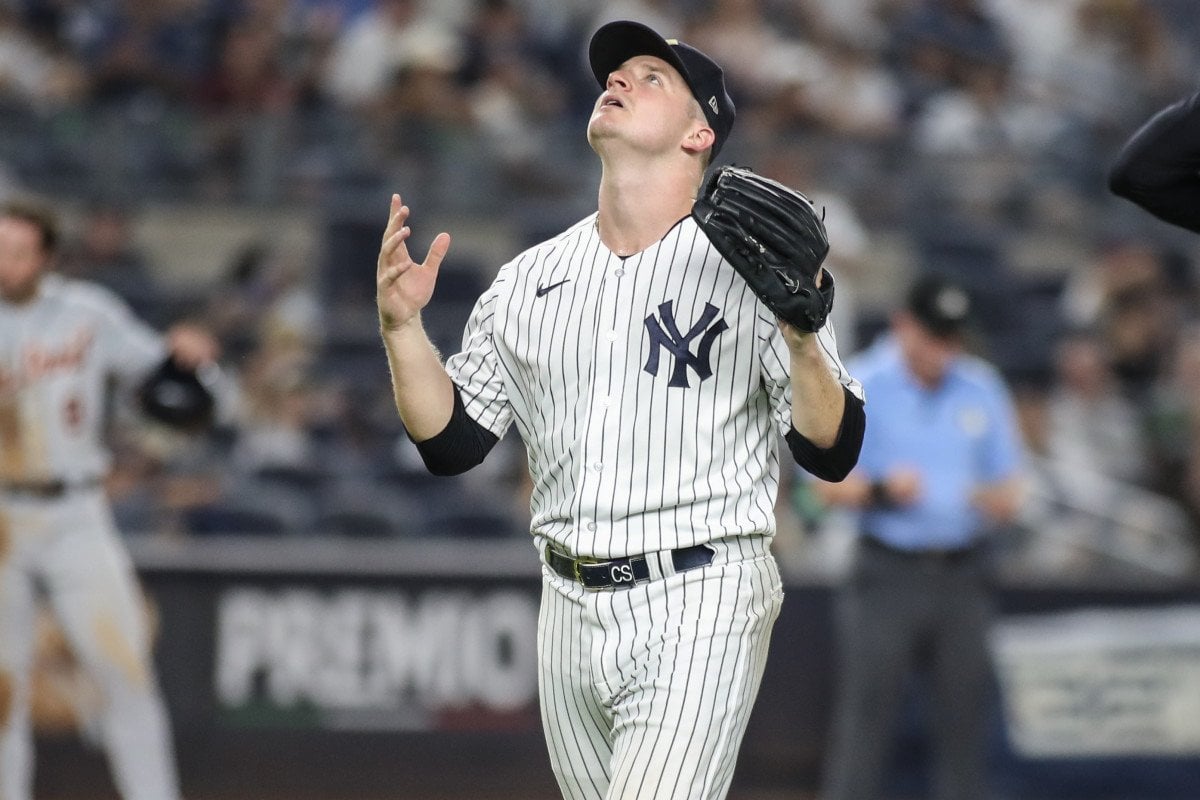
Schmidt acknowledged the formidable strength and experience of the Dodgers, pointing out their quick in-game adjustments and the importance of staying aggressive. He emphasized that countering their adaptability will require him to make his own strategic adjustments.
“Just top to bottom, very sound,” the Yankees pitcher felt about the Dodgers. “A lot of veteran guys there are really good at thinking along with you, and kind of make adjustments on the fly. You have to make adjustments right back. Just [be] on the attack, being able to pick up on tendencies and things they are trying to do against you.”
Monday’s game is a milestone for Schmidt: his first playoff start at Yankee Stadium. With World Series stakes on the line, the atmosphere is set to be intense. Schmidt, however, is focused on maintaining his composure. He understands the balance needed—acknowledging the game’s importance without letting the pressure disrupt his performance.
The 28-year-old right-hander recognizes this as the biggest moment of his career, yet remains committed to his usual approach, believing that staying calm and collected will be key to his success.
A four-point plan for Yankees’ comeback in World Series
As the World Series moves to Yankee Stadium for Games 3, 4, and potentially 5, the Yankees find themselves in a challenging spot, down 2-0 to the Los Angeles Dodgers. In this best-of-seven series, the task is clear but daunting: the Yankees must win four games before the Dodgers claim two more to keep their hopes for a 28th championship alive. Back in the Bronx, the team faces pressing questions about what it will take to stage a comeback.
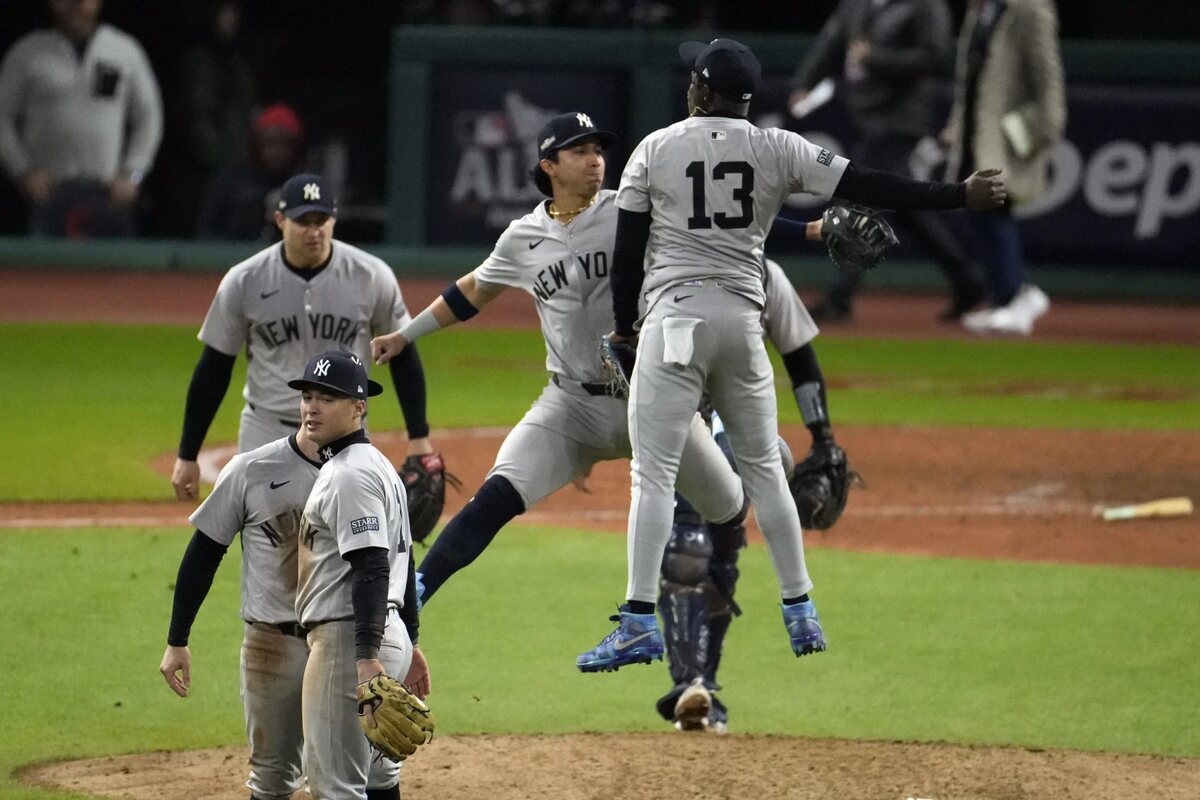
Put all focus on winning Game 3
The immediate priority is straightforward: the Yankees need a Game 3 victory. This critical step requires them to refocus, moving past the defensive lapses and Freddie Freeman’s Game 1 grand slam, along with the missed scoring chances in Game 2’s final inning.
History highlights the importance of Game 3. Teams in a 2-0 hole after opening on the road in a seven-game series have managed to win the series only 18% of the time. A Game 3 win, however, boosts their odds, as teams down 2-1 after starting away have won the series roughly 24.7% of the time—an improvement that could provide the Yankees a foothold.
The urgency of Game 3 grows when considering the alternative. A loss would drop the Yankees to 0-3, a near-impossible spot to recover from, as only the 2004 Boston Red Sox managed to overcome a 3-0 deficit, famously doing so against the Yankees in the ALCS.
Still, history offers a silver lining for the Yankees’ immediate challenge. According to WhoWins.com, teams down 0-2 after starting on the road have won Game 3 62.3% of the time. This gives New York reason for optimism as they aim to take the first critical step toward an improbable series comeback.
Judge mus lead from the front
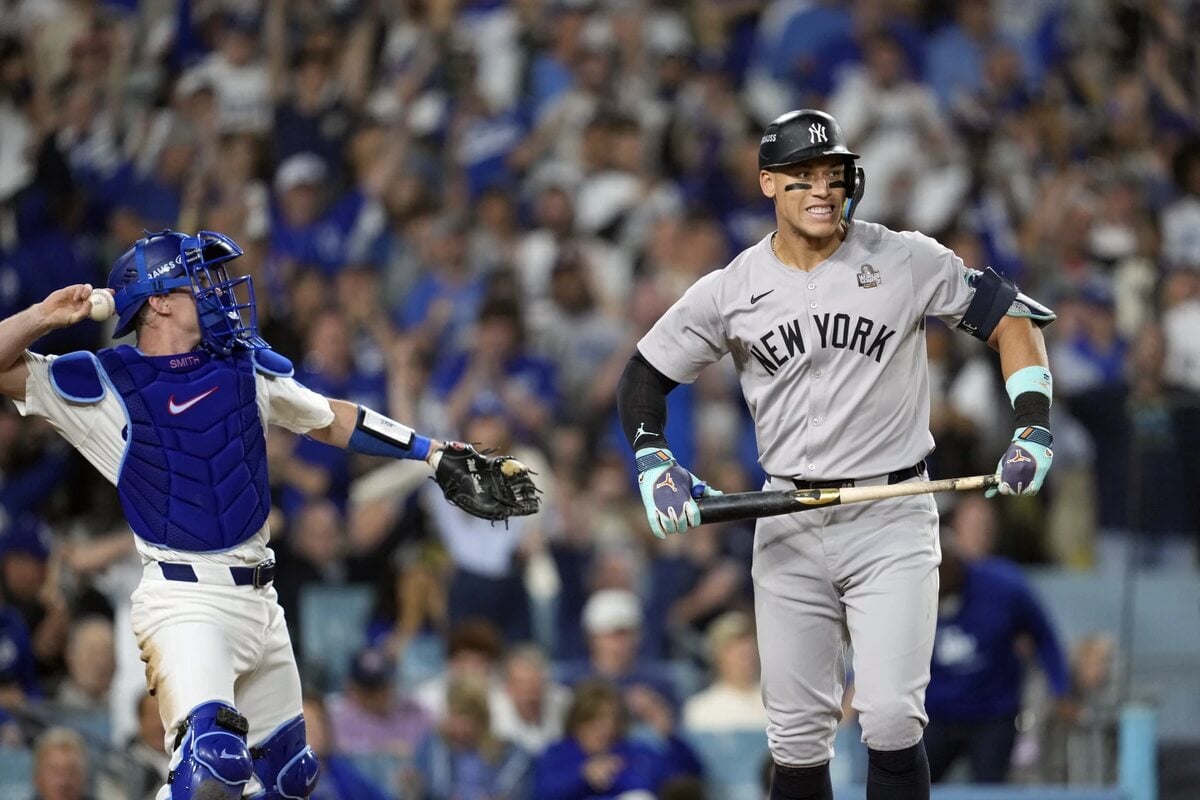
A crucial factor in any Yankees comeback lies in Aaron Judge rediscovering his regular-season form at the plate. Judge’s season was nothing short of historic, with 58 home runs, 223 OPS+, and a 10.8 WAR, positioning him as a frontrunner for what could be his second unanimous AL MVP.
However, his postseason performance has deviated significantly from these standards. In 50 playoff plate appearances, Judge has struggled with a .150/.280/.325 batting line. His World Series showing has been even more alarming, hitting just .111 in each slash category with one hit in nine at-bats and six strikeouts.
While Juan Soto has been a steady presence in the lineup, Judge’s return to form is essential for the Yankees’ comeback hopes. His postseason slump has exposed a notable drop in plate discipline, suggesting a trend that goes beyond typical small-sample postseason variations.
Mike Axisa’s analysis sheds light on concerning changes in Judge’s approach. During the regular season, Judge chased only 18.5% of pitches outside the strike zone—second only to Soto. But in the postseason, that rate has jumped to 28.1%, above the league average. Similarly, his swinging strike rate has climbed from a league-average 12.9% to 22.8%.
The difference in strikeout rates is equally stark, with Judge’s postseason strikeout rate soaring to 38%, up from a manageable 24.2% in the regular season. For a power hitter, this regular-season rate was impressive, staying just above league average.
Attack Buehler fast and quick
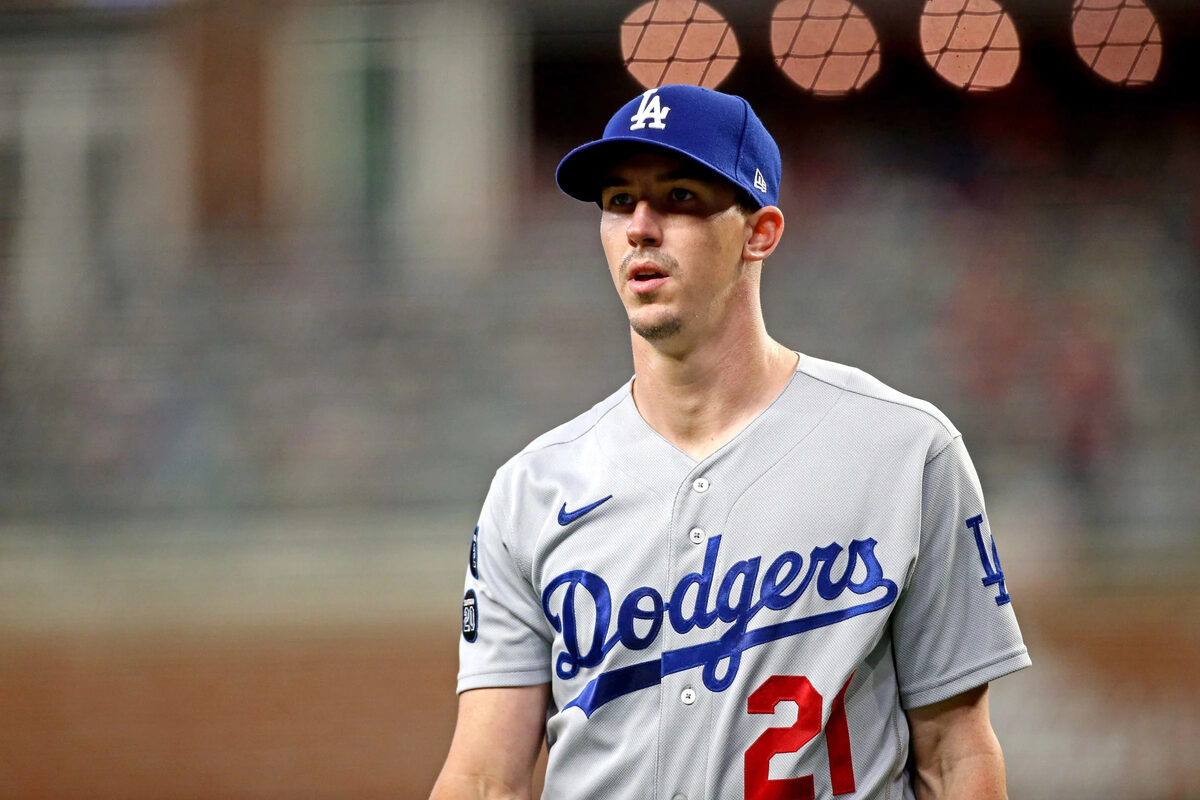
A key factor for a Yankees comeback hinges on their ability to jump on Dodgers starter Walker Buehler early in Game 3. This approach serves two purposes: establishing an immediate lead and pressuring the Dodgers’ already stretched pitching staff for future games.
The Dodgers’ rotation is vulnerable, with only three healthy starters, including Buehler, following a string of injuries. This constraint has forced manager Dave Roberts to lean on bullpen games throughout the playoffs, with another likely planned for Game 4. Forcing early bullpen action in Game 3 could strain the Dodgers’ relievers further, creating a potential advantage for the Yankees, especially if the series reaches Game 5, meaning three consecutive days of games.
Buehler’s 2024 season numbers suggest areas the Yankees might exploit. After returning from a second Tommy John surgery in May, Buehler’s season was interrupted by hip inflammation, keeping him out from mid-June to mid-August. In his 16 starts this season, Buehler posted a 5.38 ERA with a 5.54 FIP, and his strikeout rate dropped sharply to 18.6%, down from his career average of 27%.
His postseason performances have shown mixed results, with a 6.00 ERA and 4.61 FIP over two starts, though he delivered four scoreless innings in his last outing against the Mets in the NLCS. For the Yankees, the strategy is clear: capitalize on Buehler’s potential weaknesses, aiming to reach the Dodgers’ bullpen by the fourth inning.
By pressuring Buehler early, the Yankees could gain an edge, complicating the Dodgers’ pitching strategy and adding stress to their bullpen’s workload as the series continues.
Yankees must rein in Boone’s instinctive errors
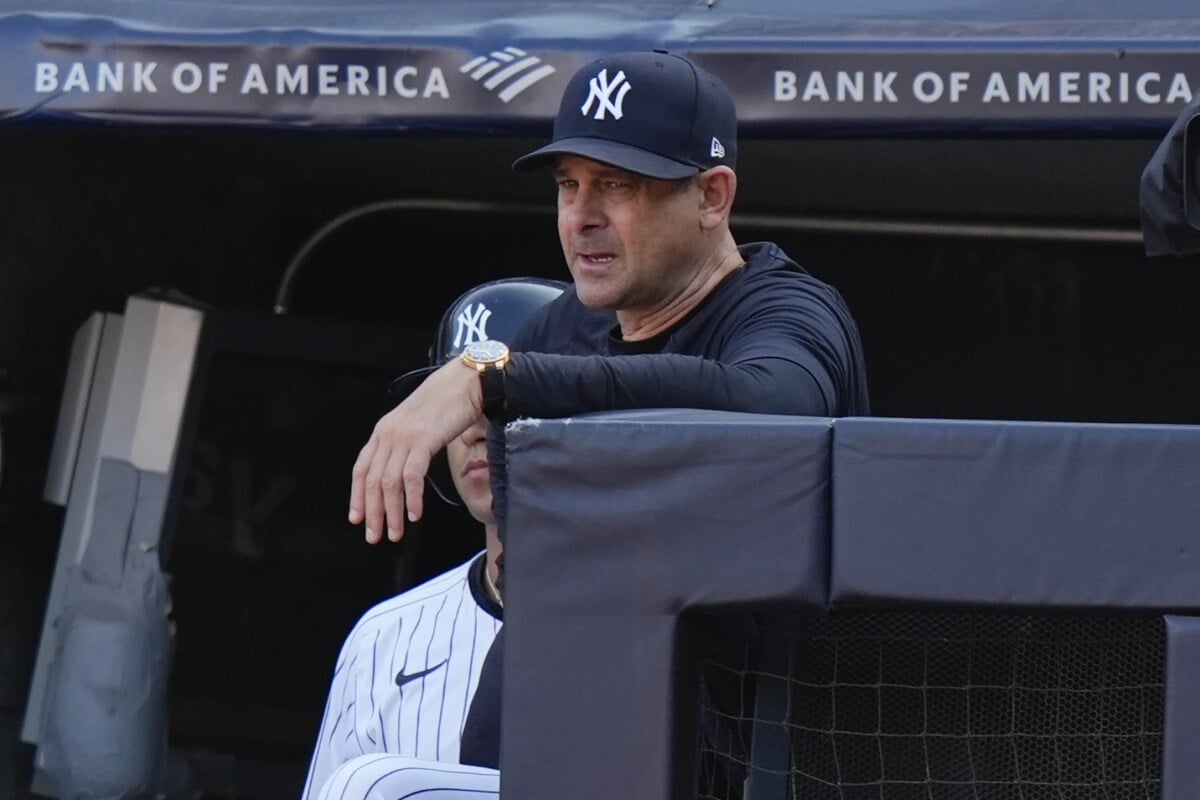
A pivotal element in the Yankees’ comeback quest will be avoiding managerial missteps, especially those like Aaron Boone’s costly decision in Game 1. While baseball managers don’t typically exercise the same tactical control seen in sports like football or basketball, Boone’s key responsibilities—optimizing player usage and steering clear of detrimental choices—are essential for the Yankees’ success.
In Game 1, Boone’s decision to insert Nestor Cortes, a starting pitcher, in a high-stakes tenth-inning situation with two runners on base raised eyebrows. The Yankees had two left-handed relief specialists available, yet Boone turned to Cortes, a move that proved disastrous. Cortes, accustomed to routine starts rather than high-pressure bullpen scenarios, was also making his first appearance after a five-week elbow injury, having not pitched since September 18.
The circumstances made Cortes’s outing even more precarious: he entered with a slim one-run lead, in an inherited-runner situation, and had to face one of the Dodgers’ strongest hitters. Despite having a lefty advantage, the decision ultimately backfired, leading to Freeman’s game-ending grand slam.
For the Yankees to reverse the series, Boone must recalibrate his approach, prioritizing sound, strategic deployment of his roster and minimizing risky decisions that could jeopardize their momentum.
What do you think? Leave your comment below.
- Categories: aaron judge, Clarke Schmidt, nestor cortes, shohei ohtani, yankees vs. dodgers
- Tags: aaron judge, Clarke Schmidt, nestor cortes, shohei ohtani, yankees vs. dodgers


 Follow Us
Follow Us